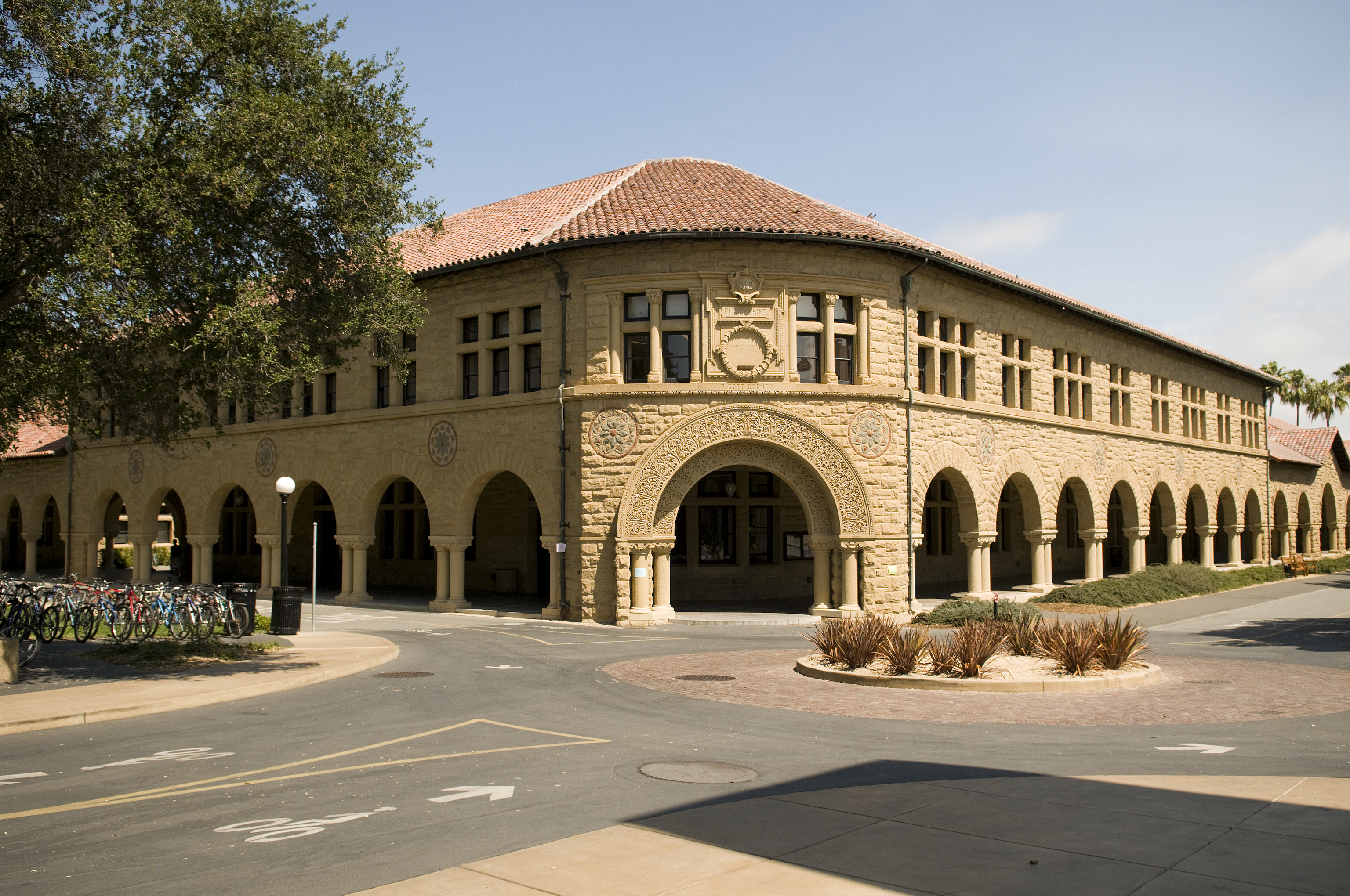The Stanford School of Humanities and Sciences has received a $1 million commitment to support the Stanford Cantonese language program, the Save Cantonese campaign announced on Jan. 26.
The gift comes from S.J. Distributors, a Milpitas-based wholesale grocery supplier. Endowment returns will sustain the program in perpetuity with two courses offered each quarter, according to the campaign organizers.
The donation comes after more than a year of student and alumni activism to ensure the program’s longevity after Stanford axed the Cantonese program’s only lectureship in December 2020 due to budget cuts.
A petition last April urging Stanford to renew the contract of its only Cantonese lecturer garnered more than 3,000 signatures, resulting in the Language Center committing to maintaining two Cantonese courses per quarter taught by a part-time instructor.
According to Save Cantonese organizers, however, the move was insufficient — having a part-time instructor, they said, put the program at risk of high faculty turnover and an uncertain future.
CEO of S.J. Distributors Scott Suen wrote in a statement to The Daily that he and his wife partnered with Stanford because they “believe that [Stanford] is unrivaled in its ability to teach top-notch students and to unearth new findings about Cantonese language, culture and history.”
“We want the gift to be a living, accessible bridge between the past and the future for students, for scholars and for all those who love the Cantonese culture,” Suen wrote, adding that he and his wife had no connection to the University prior to their gift, but learned of the opportunity to support the program through a local Cantonese television broadcast.
The donor also addressed the threats facing the future of the Cantonese language worldwide. While more than 100 million people speak Cantonese globally, the language must continue to be spoken in order for it to be inherited, according to Suen.
“Learning a language is the stepping stone to understand the corresponding culture,” he wrote. “By ensuring the Cantonese language program carries on into the future, we believe this opens a channel for those who love the Cantonese language and culture to continue to access them.”
School of Humanities and Sciences spokesperson Joy Leighton confirmed the $1 million contribution from S.J. Distributors. According to Leighton, the school is appreciative of the donors’ support for the Cantonese program, though she did not comment on specific academic arrangements for Cantonese instruction.
“The school has incorporated funding ideas from alumni of the Cantonese language program alongside several other priorities that best meet the current needs of our students and faculty,” Leighton wrote in a statement. “Decisions about academic programming for each academic year are made by the faculty, who will continue to keep this opportunity in mind, and, at the same time, honor guidance from donors.”
Since January 2021, Save Cantonese has spearheaded a grassroots campaign to establish an endowed Cantonese instructor position in order to amplify the language’s place within Stanford’s curriculum for years to come.
Save Cantonese leader Jamie Tam ’10, an assistant professor of public health at Yale University, said that she and the team were shocked to learn of the donation: “Usually, people reach out to donors, donors don’t reach out to you,” she said. “It’s highly unusual what’s taking place and I think it speaks to how powerfully our story has resonated with Cantonese speakers not just at Stanford or the Bay Area, but around the world.”
Other leaders of the campaign, including visiting scholar Shawn Lee ’16 M.S. ’17, emphasized the value of the donors being native Cantonese speakers, saying that their donation reflects the strength of the Cantonese community at Stanford and beyond.
For Tam, the Cantonese program has had a significant personal impact on her life. The courses she took as an undergraduate allowed her to reconnect with her grandmother and heritage.
“I only had one remaining grandparent left when I started freshman year at Stanford, and I was absolutely determined,” Tam said. “I realized I have to learn how to communicate with her.”
Not only has the program impacted students since its inception in 1997, but Stanford’s historically fraught relationship with Cantonese speakers has also made the program all the more important for members of the Cantonese community.
In the 1860s, University founder Leland Stanford employed thousands of Chinese laborers, the majority of whom spoke Cantonese, to construct the western portion of the Transcontinental Railroad. Many of the workers in his employment were exploited and maltreated.
A number of community members have said that the program should be fully recognized through the support of a full-time lecturer to teach Cantonese courses on campus.
While the donation is a significant milestone in the campaign urging the University to fully recognize the Cantonese program by supporting a full-time lecturer position, the organizers say their advocacy efforts are not over.
“We’re still hoping that there will be future investment in Cantonese at Stanford so that we can have not just a barely surviving program, but a thriving one,” Tam said, adding that the campaign will continue to advocate for beginner, intermediate and advanced reading and writing Cantonese courses.
As of now, Stanford only offers conversational Cantonese courses, training students to speak but not read or write in the language.
“We would like the whole program to offer a wide variety of skills for people to acquire and then be able to actually use them in their research,” said Maciej Kurzynski, a fifth-year Ph.D. student majoring in modern Chinese literature. “Because language very often supports research, and that’s our ultimate goal.”
Despite the challenges Save Cantonese has faced in its activism, the donation has again ignited activists’ hope and optimism for a bright future for Cantonese language programs not just at Stanford, but around the country.
“Even when it’s hard, there’s momentum here,” Lee said. “There’s a strong community here.”
